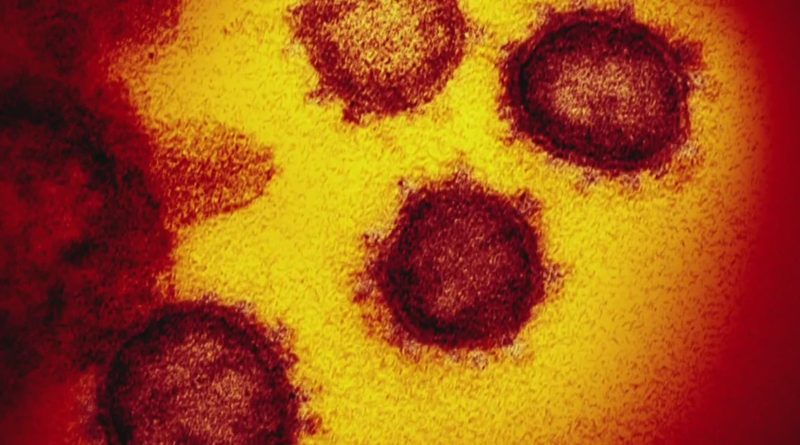The new variant of COVID-19 spreads faster, but you can slow it down the same way
There are at least three or four new variants of the coronavirus from different countries. The one from the U.K. now in Louisiana is more contagious.
NEW ORLEANS — You have been hearing about how the coronavirus has changed and that a new variant is now in the New Orleans area.
So how does that change things and the way you protect yourself?
Here’s some of the latest information from recent studies.
There are at least three or four new variants of the coronavirus from different countries. The one from the U.K. now in Louisiana is more contagious. Why? Because it can enter our respiratory cells more easily. Predictions are it will become the predominant virus in the U.S. by March.
LSU Health infectious disease specialist Dr. Fred Lopez said that’s worrisome.
“If that’s the case and it’s really 50 to 70 percent more transmissible, you can see that we’re going to be in for a challenging several months. Adding that into the equation is going to increase the likelihood that we’re going to have a surge on top of this surge we’ve just been going through,” said Dr. Fred Lopez, Infectious Disease Specialist at LSU Health Sciences Center.
He said the vaccine is still effective, but now for herd immunity, more than 70 percent of people may need to get it.
“It may be that with these increasingly transmissible viral strains, that we may need to go to 85 percent,” said Dr. Lopez about the number of people who may need to get the vaccine for community protection.
So should you wear two masks to protect yourself now like you may have seen some others do?
“The key is the fit and the filtration properties of those masks,” explained Dr. Lopez.
So if your mask is flimsy, or has gaps on the side, doubling up could give you better protection, or put two of those pads in the back pocket of a cloth mask. That makes them more like a snug-fitting KN95. You only need to wear one of those.
Also a new international study finds that strict lockdowns at home, and business and school closures, don’t significantly reduce spread.
“When those investigators looked at it relative to less intense mitigation measures, that there really was no effect in reducing the spread in COVID-19,” said Dr. Lopez.
Those less intense measures that are known to reduce spread include: six feet physical distance, masks covering your nose and mouth, isolating if you’ve been exposed to someone positive, quarantining if you are positive or sick, and hand washing. And the best hope he says is getting the vaccine.
The CDC recommends that cloths masks have two or more layers because it improves filtration of the air.
RELATED: US virus death toll tops 400,000




